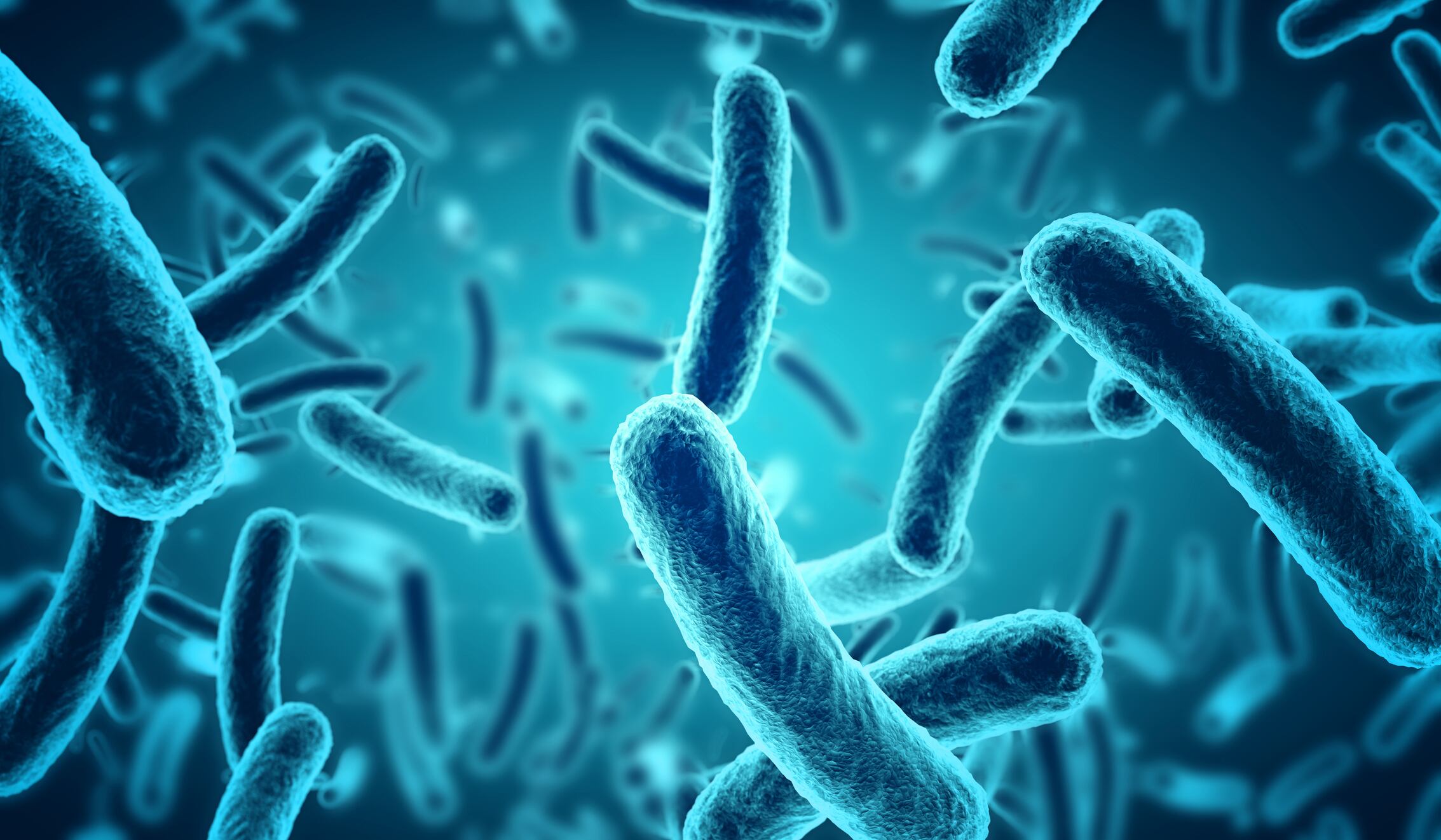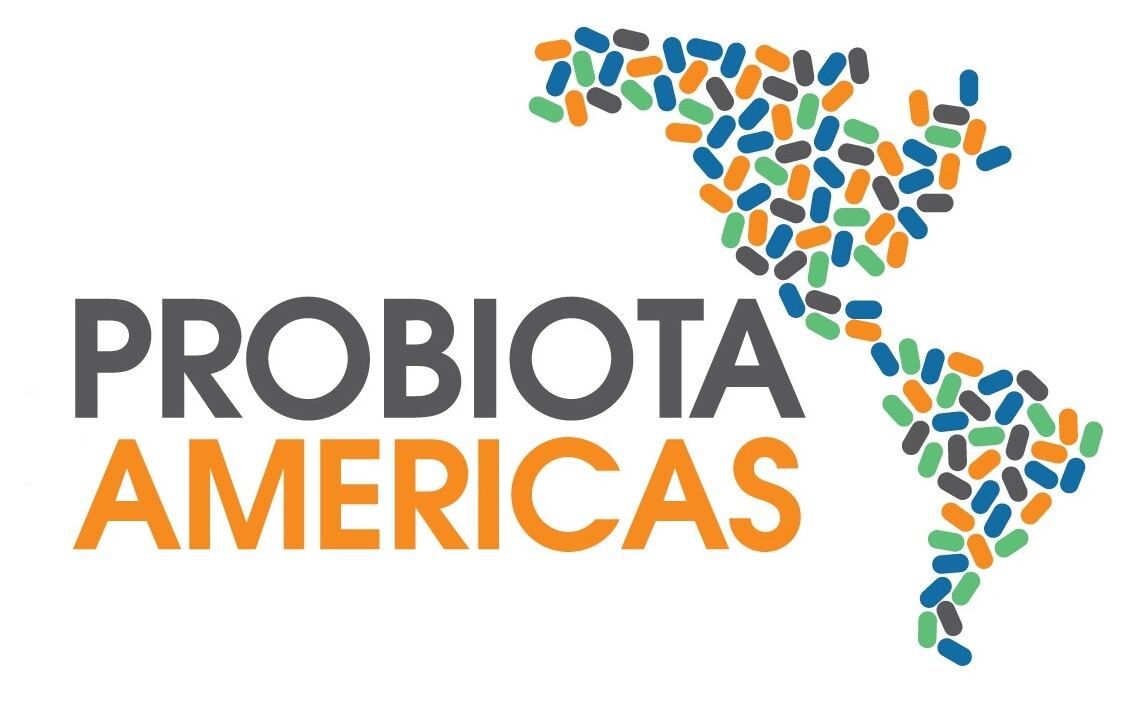“Compared to beverage produced with S. cerevisiae var. boulardii, the one produced with M. caribbica presented greater acceptance in the sensorial analysis for taste, aroma and general acceptance,” wrote scientists from the University of Lavras in Brazil in Food Research International.
“The fermented pineapple beverage prepared with M. caribbica proved to be a good alternative in development of a potential probiotic beverage with different sensory and nutritional properties.”
Booming probiotics market
Global sales of probiotic yogurt and foods are expected to grow with a compound annual growth rate (CAGR) of 8% to hit US$50 billion by 2021, according to Euromonitor International. Probiotic dietary supplements are expected to grow at a CAGR of 11% and surpass US$6 billion.

While dietary supplements represent almost 30% of the probiotics market in North America, they represent less than 3% in Latin America, with the market dominated by probiotic yogurt. The total Latin American probiotic market was valued at US$3.2 billion.
“[D]airy products have traditionally been used as spreading means for probiotic bacteria and for human consumption,” explained the University of Lavras scientists. “However, with an increase in vegetarianism, there is also an increasing demand for probiotic foods of non-dairy origin. In addition, lactose intolerance and cholesterol content are two major drawbacks related to fermented dairy products.
“In this context, recent studies have suggested fruit juice as an alternative vehicle for incorporation of probiotics.
“The objectives of this work were to isolate and evaluate the probiotic potential of yeast from pineapple to select those favorable to be used as starter cultures for the elaboration of a pineapple fermented beverage.”
Study details
The scientists obtained yeasts isolates were obtained from the peel and spontaneously fermented pineapple pulp. The researchers identified M. caribbica 9 D as a good candidate for the production of a fermented pineapple beverage.
When compared to Saccharomyces cerevisiae var. boulardii, the beverage formulated with M. carabicca had higher levels of residual glucose and fructose, and higher total phenolic compounds.
“Pineapple juice is a suitable substrate for the incorporation of yeast as probiotic, especially M. caribbica 9 D, resulting in a product with good sensorial characteristics,” wrote the researchers.
“The shelf life of the probiotic potential beverages, based on the minimum recommended amount of yeast, would be 21 days under refrigeration (4 °C).”
Probiota Americas 2018

Probiota Americas (Miami, June 5-7) - brought to you by NutraIngredients-USA - will bring together leading experts to present the latest scientific, technical and market insights on pre- and probiotics.
Get full details HERE.
Source: Food Research International
Volume 107, Pages 518-527, doi: 10.1016/j.foodres.2018.02.054
“Probiotic potential of yeasts isolated from pineapple and their use in the elaboration of potentially functional fermented beverages”
Authors: J. Cunha Amorim, et al.

